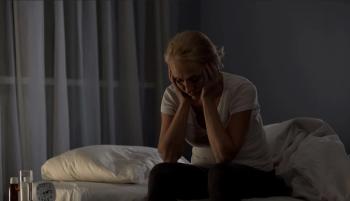
Sleep Apnea Treatment Study: PCPs as Effective as Specialists
Patients who undergo treatment for sleep apnea show similar improvements in sleepiness scores when treated by one or the other.
Patients who undergo treatment for sleep apnea show similar improvements in sleepiness scores when treated by a primary care physician or by a sleep specialist, according to data from an Australian study.
In the study, 155 patients with obstructive sleep apnea were treated at a primary care practice or at a university sleep medicine center. Both plans included continuous positive airway pressure, mandibular advancement splints, or conservative measures only.
Six-month change in the Epworth Sleepiness Scale (ESS) score-which ranges from 0, for no daytime sleepiness, to 24 for a high level of daytime sleepiness-was the primary outcome.
There were significant improvements in ESS scores from baseline to 6 months in both groups. The mean baseline scores decreased from 12.8 to 7.0 and from 12.5 to 7.0 in patients treated by primary care physicians and specialists, respectively.
In addition, the cost of treatment provided by a primary care physician was more than $1000 lower than that from a specialist.
The study,
Newsletter
Enhance your clinical practice with the Patient Care newsletter, offering the latest evidence-based guidelines, diagnostic insights, and treatment strategies for primary care physicians.
































































































































